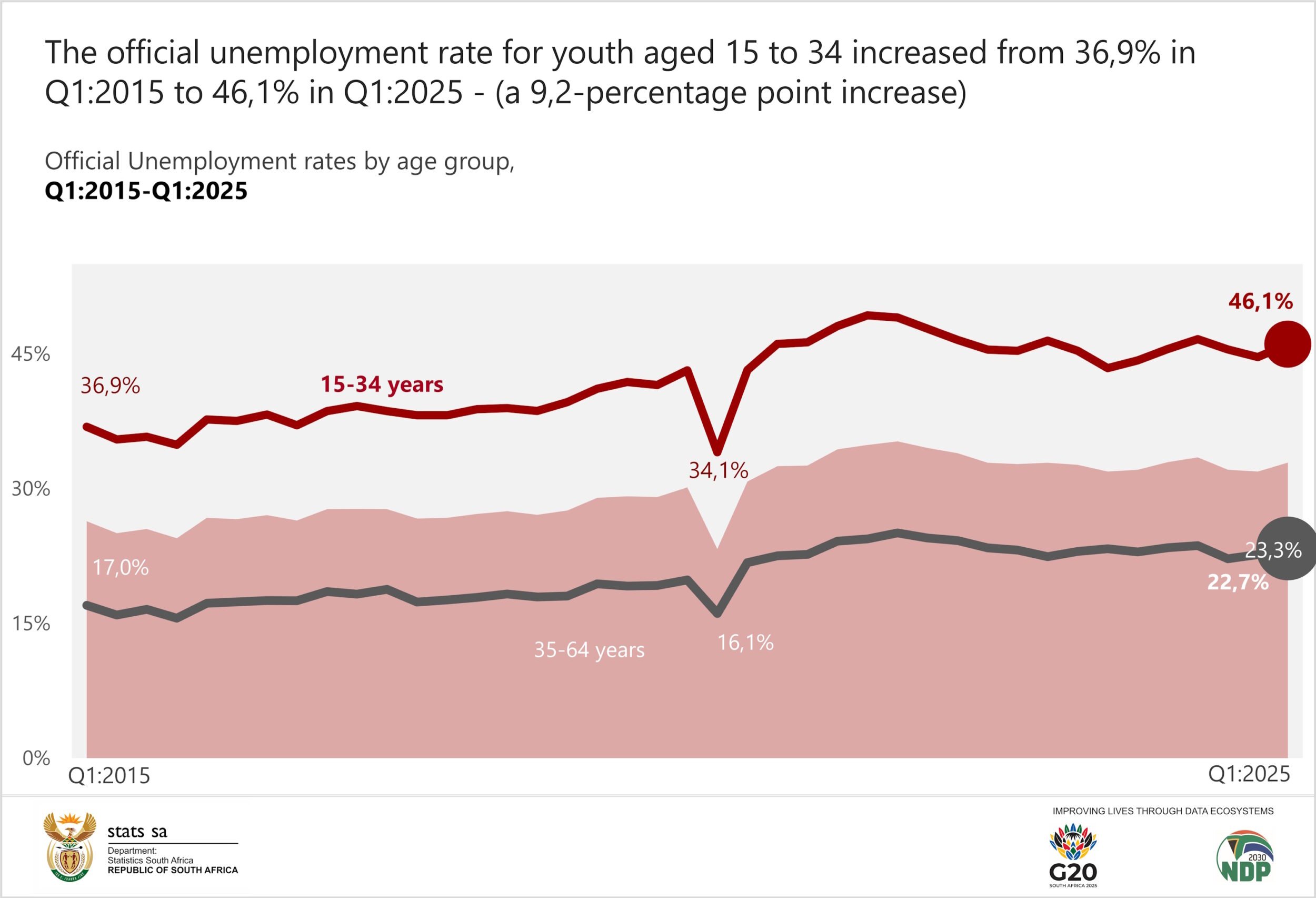As the cost of living increases, salary increases stop mattering so much for employees, and they need other perks to keep them loyal.
A salary survey shows a concerning trend of the gap between salary increases and inflation narrowing, making it even more difficult for consumers to make ends meet in difficult economic times.
Remchannel’s April 2025 Salary and Wage Survey indicates that employees in South Africa continue to face cost-of-living pressures, although inflation has decreased to around 3%, and companies have granted salary increases above the rate of inflation.
Lindiwe Sebesho, managing director of Remchannel, points out that although salary increases continue to exceed inflation at an average of 5.82%, the gap between the two is narrowing, as salary increases averaged 6.09% in the previous year.
“This trend suggests a more cautious approach by employers, who must also prioritise cost control amidst a constrained economic environment.”
ALSO READ: What most women look for in a job – report
Resignations down, but disengagement becomes a challenge
Investigating resignation trends and the hidden risk of disengagement, the survey revealed a reduced overall turnover rate of 13.5%, a decrease from the previous rate of 15.5%. Sebesho says while this reduction suggests much-needed stability, it also reflects a market with fewer new job opportunities due to companies’ widespread downsizing.
“This data confirms the financial pressures on employees, as 39% of those who resigned were seeking better pay and career growth, while 31% left due to dissatisfaction with their current roles.”
She cautions that the true concern may extend beyond employees resigning, including the challenge of retaining disengaged staff members. “Even with above-inflation salary increases, many employees still feel financially constrained and undervalued.
“Therefore, the lower turnover may be due to a constrained job market that leaves individuals with limited options. When employees feel stuck and unsupported, it may lead to burnout, presenteeism and a decline in productivity.”
ALSO READ: 61% of South Africans ready to quit over work stress and lack of support
Is it time for companies to rethink their employee value proposition instead of only salary?
The report’s findings suggest that employers should re-evaluate their strategies for attracting, engaging and retaining talent, Sebesho says.
“This should go beyond ensuring fair and competitive salaries and involve addressing the total reward elements employees seek when feeling financially strained: comprehensive benefits, skills development, career growth, formal recognition and flexible work arrangements.
“It is therefore clear that pay adjustments alone are no longer adequate. To remain competitive, employers must shift focus towards strengthening the broader employee value proposition by integrating financial and non-financial support into everyday practice and experience.”
She emphasises that skills development is a critical component of the employee value proposition. “In a market experiencing high unemployment, skills development is increasingly becoming a crucial component of a company’s employee value proposition.
“Investment in skills, specifically through technical education, not only addresses the skills gap but also enhances the employee value proposition. This investment can be demonstrated as part of Total Reward Statements to help employees understand the financial commitment involved in skills initiatives and to highlight an organisation’s dedication to long-term employee growth.”
ALSO READ: Employers offering better benefits to help struggling employees
The power of flexibility vs salary
Sebesho says flexibility also remains essential. “Flexibility is another critical component of a holistic employee value proposition. However, the survey shows that many companies are reviewing their flexible working arrangements in favour of in-office work, a trend that may increase commuting costs and adversely affect employee satisfaction.
“Employees appreciate flexibility when they can work remotely or independently. It can improve well-being, satisfaction, engagement and productivity. Reducing flexibility without valid reason or consideration may result in disengagement and higher turnover.”
She says while salary increases are important, they are no longer the only talent attraction lever. “Employers must rethink their strategies and embrace a broader employee value proposition that integrates flexibility, skills development, career growth and well-being.
“These are not optional extras, but vital investments in creating a more engaged and resilient workforce that contributes effectively to sustainable business success.”














